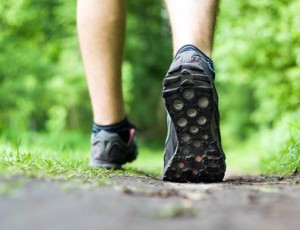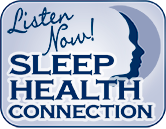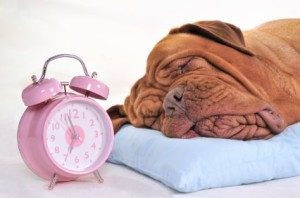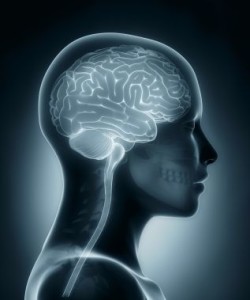Exercise Helps Decrease Excessive Sleepiness
For quite some time, exercise has been shown to help improve people’s problems with being sleepy during the day. But why?
Some of the most common reasons for being fatigued and sleepy include the following:
- Depression
- Obesity
- Diabetes
- Smoking
- Inadequate sleep
- Obstructive sleep apnea
Physical exercise can help with the first 3 conditions above.
There have been studies showing how exercise can help with depression. Physical exercise has also very important to any weight loss program and can help expedite weight loss measures. In diabetes, exercise can help through helping with glucose control.
Many conditions associated with sleepiness are associated with increased levels of substances known as inflammatory markers. These substances, which include C-reactive protein, tissue necrosis factors and interleukins, circulate in the blood and may cause sleepiness. It has been shown that exercise can reduce the levels of these agents. This may be the reason why exercise can help reduce sleepiness.
Of major importance, is that the inflammatory markers are also associated with cardiovascular disease. With exercise reducing the inflammatory markers, it can in return reduce heart disease.
Although there is yet much to learn on all the benefits of exercise, consider adding exercise to your daily routine to help alleviate excessive sleepiness during the day.
Dental Sleep and TMD Center of Illinois, a premiere snoring and apnea treatment center in Naperville, has been providing the CPAP alternative treatment of oral appliance therapy for over 15 years successfully. We are extremely passionate in helping individuals that have been struggling with CPAP therapy in Naperville, Lisle, Aurora, Bolingbrook and surrounding Chicago suburbs. For more information on this physician recommended treatment option visit www.TiredOfSnoring.com or call us at (630)369-5508.








(630) 369-5508